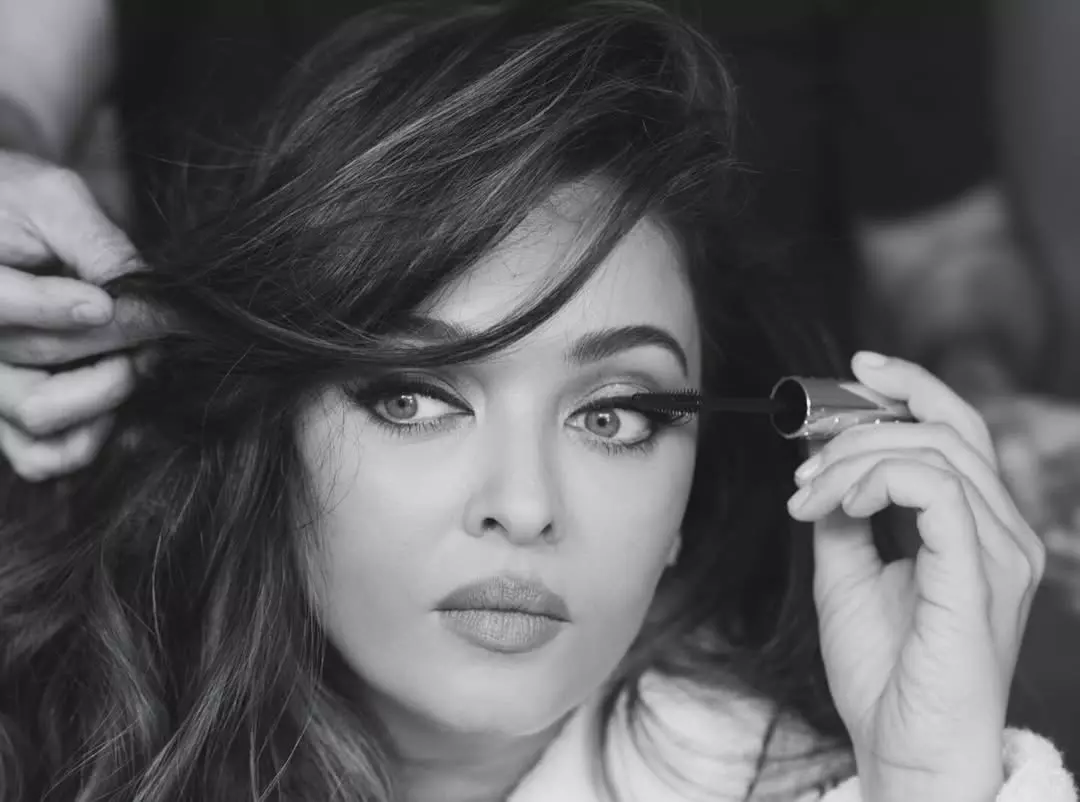
Aishwarya Rai Bachchan moves Delhi HC seeking protection of personality rights
In her petition, actor alleged that many websites are using her personal information, photographs, and merchandising products using her persona

Actor Aishwarya Rai Bachchan has approached the Delhi High Court to protect her personality rights to prevent commercial exploitation of her name, photographs, personal information, and identity on various platforms and products.
In a petition filed in the Delhi High Court, she alleged that unauthorised websites were using her name and image without her consent.
Filed against aishwaryaworld.com and other infringing websites, the petition sought to stop the commercial exploitation and fraudulent representations of the actor’s identity and photos, as well as the circulation of obscene images created through Artificial Intelligence (AI).
Case adjourned till January 2026
Justice Tejas Karia adjourned the proceedings till January 15, 2026 while assuring that a detailed written order granting interim injunctions against the infringers would be issued.
"There are only 151 URLs which will form part of the order as far as you are concerned… We will pass orders against each of the defendants because prayers are broad. But we will grant injunctions separately," Justice Karia said.
Aishwarya’s plea also requested an order to block the said website in question, removal of URLs to the infringing sites, and directions to Google and YouTube to take down all the unauthorised content on her. The plea also sought the court to issue ‘John Doe’ orders against unknown persons.
Also Read: Actor Karisma Kapoor's children move Delhi HC for share in Sunjay's property
What is a John Doe order?
According to Live Law, John Doe is a type of legal order that allows a person or firm to take legal action against an unknown party or parties. Usually, John Doe orders are given in cases related to anonymous internet users, or when a firm is seeking to identify miscreants who have been involved in illegal activity using their services.
In cases like Aishwarya’s, it allows a celebrity, brand, or copyright holder to stop infringers or unidentified offenders from using the celebrity’s name, image, or content.
Also Read: Guru Dutt, 100 years on: A filmmaker’s passage through life’s light and shadow
What actor alleges
The actor’s advocate Sandeep Sethi told the court that aishwaryaworld.com falsely claims to be Aishwarya’s “only authorised and official website”, without authorisation. According to Sethi, the website also sells merchandise such as T-shirts priced over Rs 3,000 and mugs with her portraits. He alleged that it was creating a misleading impression of endorsement.
Sethi also alleged that her images had been used in fraudulent schemes. He submitted a letterhead with her name as chairperson and a photo, which was allegedly circulated among the people, to request money. He argued that the actor had no connection with the firm.
Morphed and AI-generated pornographic content, screenshots of fabricated messages and images portraying her in objectionable ways were also submitted to the court.
Sethi called it a “derogatory, defamatory, and a direct assault” on Aishwarya’s dignity. It is to be noted that AI-generated deepfakes pose a risk that violates privacy, reputation, and financial harm.
Also Read: Prithviraj responds to National Awards snub for ‘Aadujeevitham’: ‘films not made for jury’
Celebs who secured identity rights before
Earlier, the Delhi High Court had protected actors Amitabh Bachchan, Anil Kapoor, and Jackie Shroff in similar cases. In these rulings, the court restrained misuse of their names, voices, sobriquets, and images and recognised personality rights as part of the fundamental right to dignity and privacy under Article 21 of the Indian Constitution.
It is worth noting that India does not have a standalone law to address personal rights. Once in a while, the apex court and other high courts have recognised their personality rights under Article 21. Additionally, artists can register their names, voices, and signatures under the Trade Marks Act, 1999.

